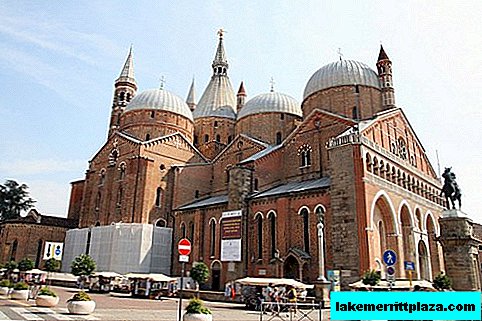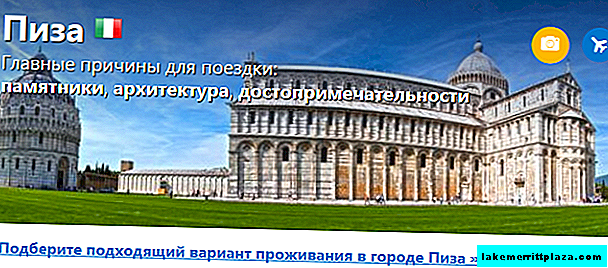The Italian authorities decided to allocate two million euros for the emergency restoration of the historic complex of Pompei (Pompei), which suffered from the devastating heavy rains that flooded the south of the country this winter. The UNESCO World Heritage Site was severely damaged, and several buildings are in poor condition at all. The allocated amount will primarily be directed towards the restoration of buildings that, after a riot of elements, were on the verge of destruction.

The decision to grant funds for the restoration of one of the sights of the sunny country was made by the Ministry of Culture and approved by its head Dario Franceschini. Just three days ago, the three walls of the complex were again hit hard by the rains, resulting in their collapse. In the light of these events, EU representatives asked the Italian authorities to take measures to restore the memorable city, which is the legacy of “not only one country, but the whole world.”

Today, the condition of the buildings of Pompeii is more than unsatisfactory, despite the fact that the European Commission previously allocated more than a hundred million euros for the restoration of the complex, which, according to the plan, should be completed next year. The head of the Campagna region, where the ancient city is located, explained that of the funds received so far, about 500 thousand euros have been spent. Meanwhile, historical buildings are collapsing even more. A few years ago, the House of Gladiators collapsed in the architectural complex, later the House of Moralist was badly damaged, and three years ago - a three-meter wall.
The recently appointed Prime Minister of Italy, Matteo Renzi, in one of his interviews also touched on the subject of the collapsing monument and urged local businessmen to invest in its restoration.
“Italy is a cultural country. And so I appeal to businessmen. What are you waiting for? Ideological considerations regarding the impossibility of private financing of cultural sites should be excluded. If the private sector allows the wall to stand, then why not allow it to take part in the restoration? ”
Italy’s cultural sector has been hit hard by a sharp budget cut. So, in 2014, the authorities intend to reduce its security from 1.5 billion euros to 1.4 billion. Politicians previously called on the private sector to help restore other UNESCO World Heritage Sites. For example, the restoration of the majestic Coliseum will be financed by Tod's shoe manufacturer, and the Fendi fashion house has announced its intention to invest in the restoration of the famous Trevi Fountain.

The death of the town of Pompeii can be called perhaps the most tragic in world history. The catastrophe occurred in August 79, when the eruption of the volcano Vesuvio (Vesuvio), located nearby, began, accompanied by strong tremors.
The records of Pompeii politician Pliny the Younger, which have survived to this day, indicate that the earthquake was very intense, it seemed that all the buildings and structures were collapsing around.
Many residents of the town managed to leave before the start of the awakening of Vesuvius, but many refused to leave their homes, in which they were buried forever. Pompeii learned about the tragic history only in the 18th century, when archaeological excavations began on the territory of the former city. Pompeii today is an archaeological complex that attracts millions of tourists from year to year and is one of the most famous attractions in the world.








